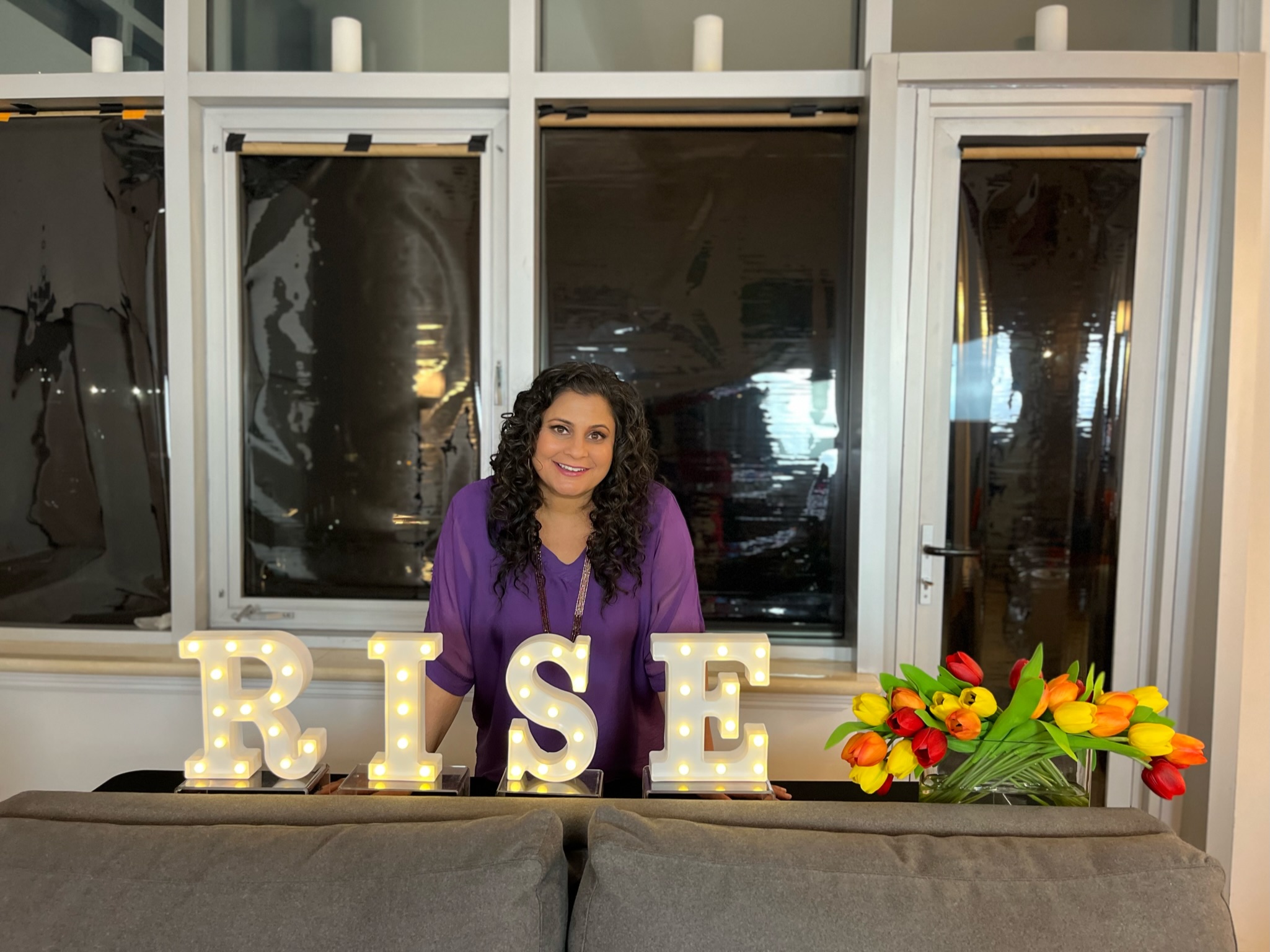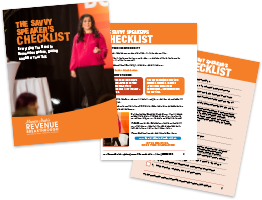Making the Most of Your 12-Month Plan
December is just around the corner, and I can’t wait for our Big Comeback Event on December 8-10! With the year that we’ve been having, all of us need to carve out time to regroup, rethink, and come back stronger.
That’s why I’m so excited for our community to come together during the Big Comeback Event to create a certified Revenue Breakthrough Plan for all of our attendees.
A Revenue Breakthrough Plan is a 14-step plan to help make sure you’ve covered all your bases so that you can have the best 12 months ever.
This week, I want to talk about planning in general and two common mistakes that keep so many entrepreneurs from making the most of their plans.
I like to say that planning is the highest form of self-care. But, too often, people make a plan and then don’t use it, or they ditch the plan as soon as things start to go haywire.
But there are ways to avoid falling off the wagon. Let’s get into those two common mistakes.
Mistake number one: you make a rigid plan at the beginning of the year and expect it to hold up throughout all 12 months.
Let’s say you make a plan in January, but then in February you do your first group program – you want to have 10 people in the group, but only one person signs up.
It’s really disappointing, and you end up scrapping your plan altogether. Instead of taking the time to reevaluate, you spend the rest of that month smoothing your ruffled feathers and trying to convince yourself that it’s going to be OK.
But here’s the thing: plans are projections. They are not guarantees that anything is going to happen. So it’s incredibly important that you alter your plan and stay open to continuing to change it.
I’ve been in business for over 15 years now, and there has not been a single year when every event worked for us. Just like so many of you, a lot of times we have an event in February or March that doesn’t go to plan.
And if I didn’t go back and redo the plan and then keep moving forward, everything would fall to pieces. Even if it’s not in February or March, something unexpected happens every year without fail.
But we bounce back. We go over our numbers before the next event or during the next launch, recover our lost ground, and hit our goals at the end of the year – because we don’t give up on the plan.
Which leads us to mistake number two: you abandon your plan because you forget to check it every day, every week, and every month. This can manifest in a few different ways.
If you’re not looking over your plan every week or month, it’s going to be really difficult to give yourself enough time to do your best on every event or project.
Let’s say you’re throwing an event on April 23, and you don’t get around to marketing it until April 10, which means you’ve given yourself 13 days to market it. Not enough people come, and you blame yourself for not marketing it soon enough.
You self-sabotage, you fall behind, and then you freak out and beat yourself up.
At the end of the day, I would much rather be able to tell myself that I gave 110% and the event still didn’t work out – which means the universe wanted something different for me.
I’d much rather arm myself with my plan and my best efforts than self-sabotage, because at least then I’ll know that I did everything I could. Like I said before, plans are projections.
Alternatively, maybe you make a yearly plan and refer back to it every month, but you don’t look at your plan every day, so you end up wasting precious time, energy, and money on initiatives that don’t align with your goals.
That’s why I recommend that you break your plan all the way down into 90-day goals that you can accomplish each quarter, and that you write your 90-day goals down every single day. I even created our Breakthrough Planner to help you keep track of them.
Every single day, you’ve got to keep your eye on the ball. Ask yourself: how am I going to hit my 90-day goals? How am I going to hit my annual goals?
Your plan will help get you there, but only if you let it. Only if you cultivate it. Only if you amend it. If you return to it every day, week, and month.
I hope that these two common mistakes help you plan more effectively and understand why planning is the highest form of self-care.
In next week’s post, I’m going to be writing even more about what a plan can do for you. And in the meantime, go check out our Big Comeback Event, where I’ll help you make a 14-step certified Revenue Breakthrough Plan. (Special offer right now: use promo code save300.)








